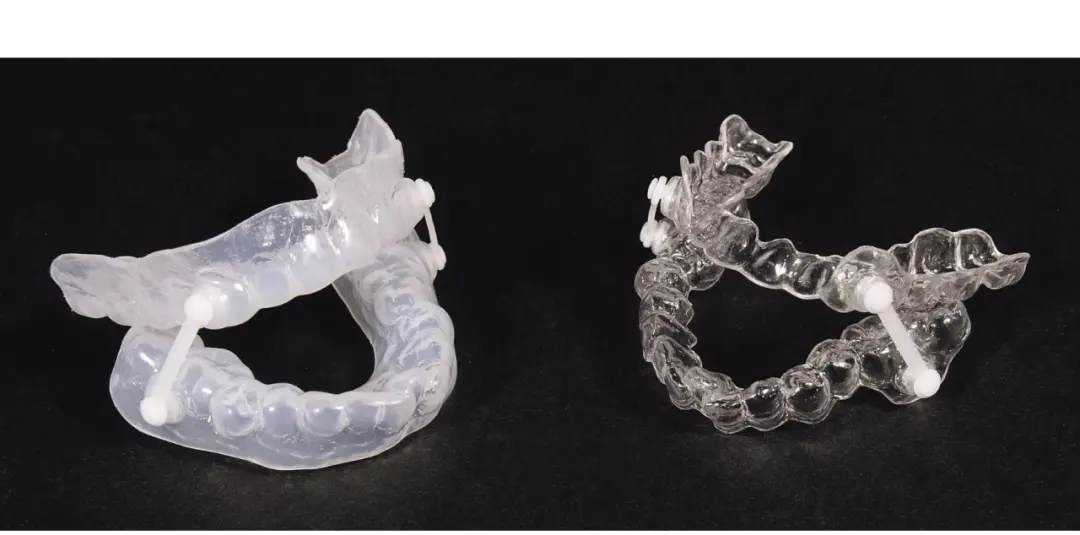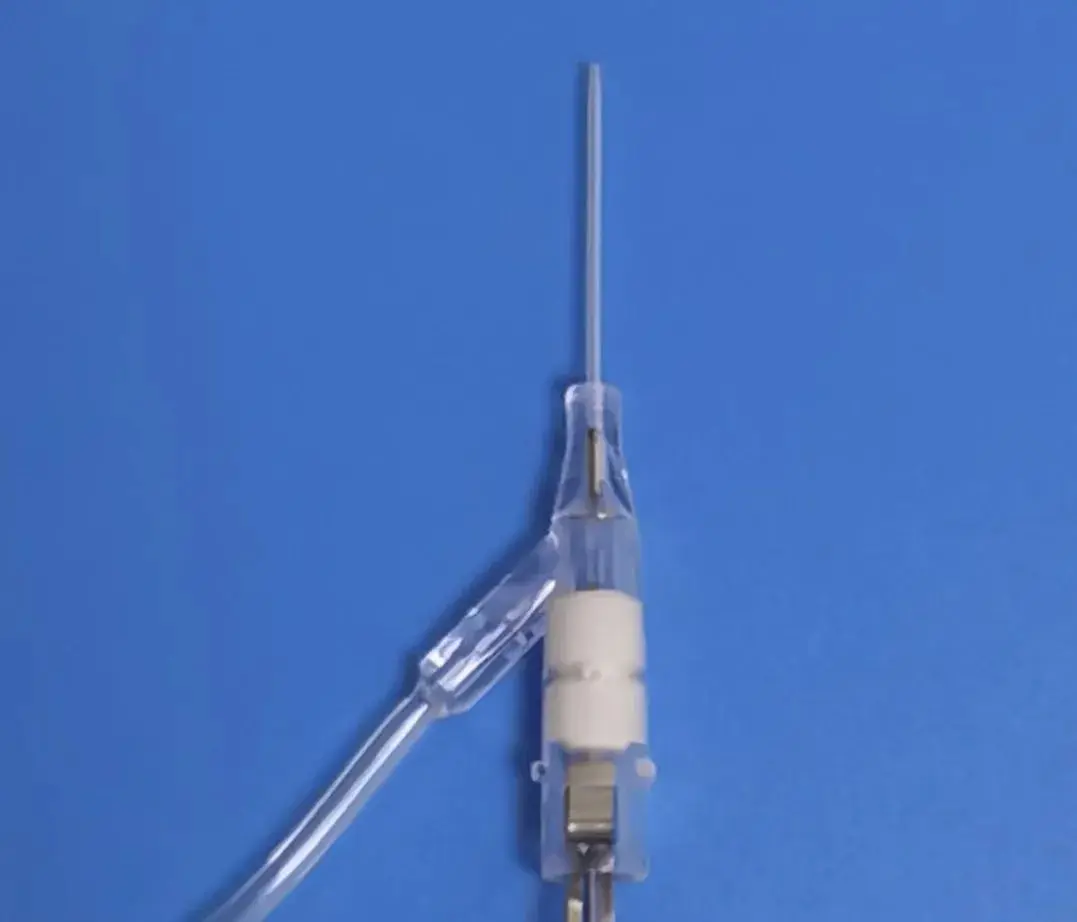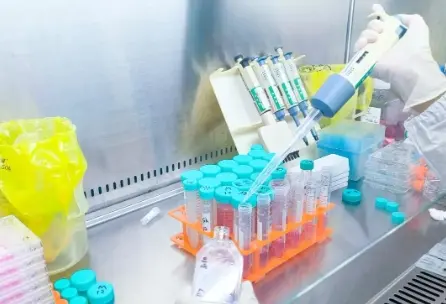
What is the Difference Between PSE Certification and METI?
The pse certification and meti registration are two independent yet interconnected procedures that electronic products must complete before being sold in the Japanese market. These certifications are also essential for listing electrical products on Amazon Japan. But what are the differences between them?
PSE Certification (Circular PSE)
The Circular PSE Certification is a mandatory safety certification in Japan that applies to Category B electrical appliances and materials (non-specified electrical products). It verifies that a product has passed safety standard tests under Japan’s Electrical Appliance and Material Safety Law (DENAN Law) or International IEC standards, ensuring compliance with Japan's electrical safety standards.
Applicable Products
The Circular PSE Certification covers approximately 341 types of products, including:
- Television receivers
- Lithium batteries
- Lighting equipment
- Power banks, etc.
These products are not classified as specific electrical items, meaning they can be certified either through self-declaration by the manufacturer or third-party certification bodies.
Certification Process
1. Application:
- Submit necessary documents, including:
- Application form
- Product manual
- Specifications sheet
- User guide
- PCB design drawings
- List of key components and their certificates
- Test reports (e.g., CB report or other international certification reports)
2. Testing & Evaluation:
- A Japan-accredited laboratory or a third-party certification body licensed by an international accreditation authority conducts product testing and evaluation.
3. Certificate Issuance:
- If the product passes the tests, the manufacturer receives a Circular PSE Certification allowing them to affix the Circular PSE mark to their product.
4. Usage of PSE Mark:
- The Circular PSE Mark signifies compliance with Japan’s electrical safety standards.
- Manufacturers must keep test results and related documentation and affix the PSE mark on their products.
METI Registration
The METI Registration is a mandatory registration procedure by Japan's Ministry of Economy, Trade and Industry (METI) for imported products. It requires manufacturers or importers to register their products within one month after purchase, ensuring compliance with Japan’s safety and quality standards.
Applicable Products
METI Registration covers a wide range of electronic devices, including but not limited to:
- Mobile phones
- Computers
- Home appliances
- Automobiles
It also applies to specific electrical products such as:
- Nickel-metal hydride (NiMH) batteries
- Nickel-cadmium (NiCd) batteries
- Rechargeable lithium batteries (including power banks)
All products listed under PSE Certification requirements must also undergo METI Registration.
Registration Process
1. Preparation of Required Documents:
- PSE Certification
- Product manual (Japanese + English)
- Product specifications sheet
- Bill of Materials (BOM)
- Product photos
- Declaration of Differences (for series models within a report)
- Importer qualifications
2. Submission of Application:
- Submit documents to METI or an authorized third-party institution for review.
3. Review & Evaluation:
- METI or an authorized institution examines the documents to assess compliance with Japan’s safety standards and trade regulations.
4. Issuance of METI Registration Certificate:
- If the product passes the review, the manufacturer/importer receives a METI Registration Certificate, allowing them to affix the corresponding registration mark.
Purpose of METI Registration
- Ensures that electronic devices entering Japan comply with Japanese safety standards.
- Protects consumer rights.
- Requires manufacturers to adhere to Japan’s trade laws and taxation policies.
Relationship Between PSE Certification and METI Registration
Order of Completion
- PSE Certification must be obtained first.
- Once the PSE Certificate is issued, METI Registration can be completed.
- METI Registration is conducted on top of the PSE Certification.
Interconnection
- PSE Certification proves that a product meets Japan’s electrical safety standards.
- METI Registration ensures compliance with Japan’s safety and quality standards and is necessary for legal sales in Japan.
- Together, they form the regulatory framework for the entry of electrical products into the Japanese market.
Market Entry Requirements
For Chinese electronic product manufacturers aiming to enter Japan, understanding and complying with these two certifications is crucial.
By obtaining PSE Certification and completing METI Registration, companies can:
- Ensure their products meet Japan’s safety standards.
- Comply with Japanese trade regulations.
- Successfully enter the Japanese market and gain consumer trust.
Summary
The Circular PSE Certification and METI Registration are two essential procedures for selling electronic products in Japan.
- PSE Certification ensures compliance with Japan’s electrical safety standards.
- METI Registration guarantees adherence to Japan’s safety and quality requirements and allows legal sales in Japan.
- These two certifications are interconnected and form the regulatory threshold for entering Japan’s electrical product market.
Email:hello@jjrlab.com
Write your message here and send it to us
 Toothbrush FDA Certification Testing
Toothbrush FDA Certification Testing
 Snoring Device FDA 510k Standard Testing
Snoring Device FDA 510k Standard Testing
 Single Use Intravenous Catheter Certification Test
Single Use Intravenous Catheter Certification Test
 Silicone Material Product Compliance Certification
Silicone Material Product Compliance Certification
 What to Do If Cytotoxicity Test Results Are Positi
What to Do If Cytotoxicity Test Results Are Positi
 ISO 10993:5 Cytotoxicity Testing Methods
ISO 10993:5 Cytotoxicity Testing Methods
 FDA ISO 10993-1 Biocompatibility Evaluation Guidel
FDA ISO 10993-1 Biocompatibility Evaluation Guidel
 In Vitro Cytotoxicity Testing for Medical Devices
In Vitro Cytotoxicity Testing for Medical Devices
Leave us a message
24-hour online customer service at any time to respond, so that you worry!




